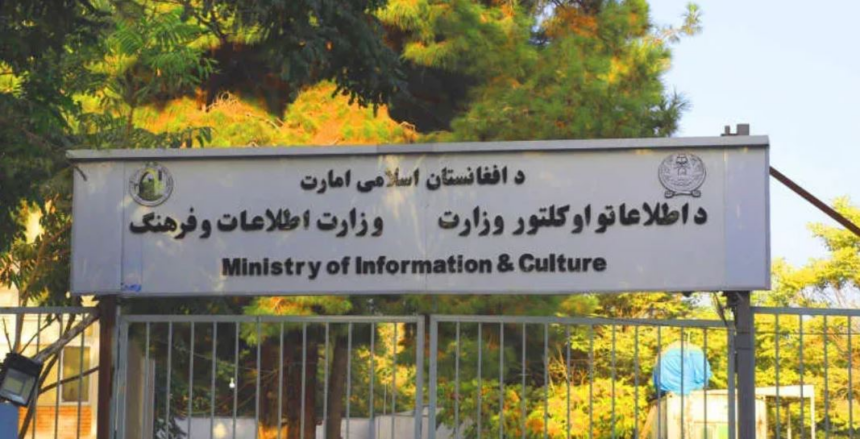RASC News Agency: In a fresh act of institutional misogyny, the Taliban regime has abolished ten civil service positions previously held by women within the Youth Directorate of the Ministry of Information and Culture. According to well-placed sources, these roles out of a total of 52 posts were the last remaining formal government positions allocated to women in that department. They have now been entirely expunged from the ministry’s organizational chart. Simultaneously, the Taliban has also halted the modest 5,000 kabuli rupees monthly stipends that had been offered to these women since the group’s return to power. This development is part of a systematic and intensifying campaign by the Taliban to erase women from public life. Earlier reports documented the removal of female university professors and the abrupt termination of their salaries. Human rights experts and international observers have consistently denounced such policies as emblematic of gender apartheid, warning that they exacerbate Afghanistan’s already-dire socio-economic crisis particularly for households in which women were primary breadwinners.
The elimination of these positions and the withdrawal of salaries come at a time when Afghanistan is experiencing one of the most severe economic collapses in its modern history. Unemployment and poverty rates have surged to unprecedented levels, with millions of families suffering the consequences of foreign aid reductions and the Taliban’s repressive restrictions on women’s participation in the workforce. Analysts argue that these actions represent not only a gross violation of women’s rights but also a self-inflicted economic wound. The exclusion of women from gainful employment has intensified the humanitarian crisis, destabilizing family structures and deepening cycles of poverty across the country. Many households that once depended on women’s income for survival now face food insecurity and economic ruin.
Despite growing calls from both domestic civil society actors and international human rights organizations, the Taliban remains defiantly unmoved. Their refusal to revise discriminatory policies underscores a deeper ideological commitment to gender suppression, one that positions women not as participants in national recovery, but as targets of systemic erasure. Efforts by global institutions to pressure the Taliban into compliance with international human rights standards continue to fall short. Without urgent and unified action from the international community, Afghanistani women risk being permanently excluded from public life, silenced not only by decree but by the indifference of a world that once pledged to stand by them.






